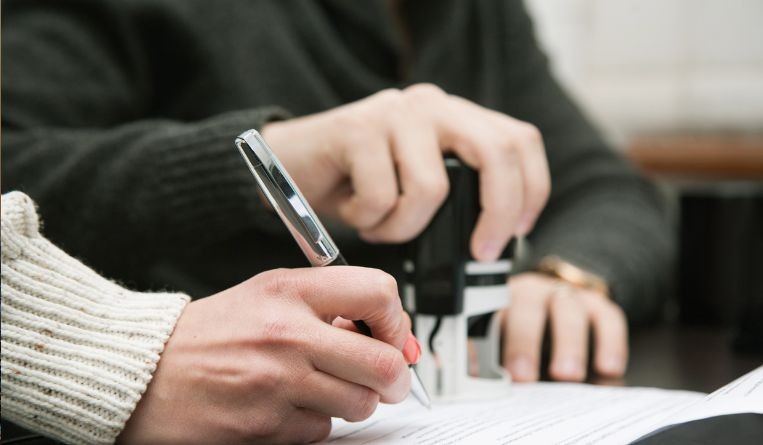On cross-licensing of industrial property objects
31 March 2023

In world practice, including Russia, voluntary cross-licensing is one of the main modern forms of commercialization of intellectual property. The potential of cross-licensing allows not only to extract the maximum income from the exchange of technologies, but also to change the vector from unfair competition to mutually beneficial cooperation.
As is known, novelty is one of the essential features that an object of industrial property must possess in order to obtain legal protection. Due to the uniqueness of the product in which the corresponding technical solution is implemented, the patent holder receives an obvious economic advantage, expressed in the sole right to produce an exclusive product and prohibit the use of this solution by other persons.
At the same time, the speed of technology development, the growth of competition and other related factors require new approaches from market participants. The power of the patent owner to grant other persons the right to use the object of intellectual property by concluding a license agreement comes to the fore. In particular, in modern economic realities, there is a high importance on the voluntary strategy of bilateral exchange of licenses, the essence of which is the mutually beneficial exchange of technologies.
Cross-licensing is widely used in world practice and is especially in demand in the IT industry, an area that is characterized by the intersection and similarity of technical solutions. Often, a cross-licensing strategy is more effective than exercising the right to prohibit the use of a patented object. So, Arina Vorozhevich notes in Protection of exclusive rights to patented objects that in the markets for complex innovations, copyright holders are mainly focused on the interchange of developments, rather than maintaining exclusivity. As an illustration, litigation between a software development company and a telecommunications company is given, which mutually violated the exclusive rights to each other's patented solutions. As a result, the dispute ended with the signing of a cross-licensing agreement.
In Russia, cross-licensing is one of the main forms of intellectual property commercialization. As indicated in the relevant national standard GOST R 58223-2018, National standard of the Russian Federation. Intellectual property, the use of cross-licensing [3] provides legitimate access for innovative products and technologies to existing and new markets, and promotes technological integration into existing industry chains of original links in the creation and sale of previously unknown goods. [The standard defines cross-licensing as an agreement under which each party grants rights to the results of intellectual activity to the other party (a synonymous term is a cross-licensing agreement).]
A similar approach is reflected in the recommendations developed in 2018 by the Ministry of Economic Development of Russia jointly with Rospatent for organizations implementing innovative development programmes. Among other things, organizations are recommended, taking into account the specifics of their activities, to carry out cross-licensing with other companies, including competitors, in order to commercialize and use existing developments in production.
In addition to mutual commercial benefits, the timely implementation of a voluntary cross-licensing strategy with competing companies reduces the threat of patent trolling and forced cross-licensing.
At the same time, when developing a strategy using cross-licensing mechanisms, it should be taken into account that the joint exercise of exclusive rights to patented solutions can lead to the creation of new intellectual property objects, both technically and legally dependent on each other. In this regard, Yulia Kharitonova, in Joint exercise of exclusive rights, speaks of joint ownership, noting that the collectively created results of intellectual activity give rise to collective rights to them. The disposal of these collective rights requires the coordination of the actions of the co-authors, primarily when expressing them outside, i.e., when interacting with third parties.
The Civil Code of the Russian Federation as amended on May 12, 2022, dispositively establishes that in the case when the exclusive right to the result of intellectual activity belongs to several persons jointly, each of the right holders can use such result at its own discretion, income from the joint use of the result of intellectual activity or from joint disposal of the exclusive right to such a result are distributed among all right holders in equal shares. This rule is valid unless the Civil Code of the Russian Federation or an agreement between the right holders provides otherwise (Clause 5 of Article 1358, Clause 3 of Article 1229 of the Civil Code of the Russian Federation).
However, it is obvious that in the case of creating a new “joint” object of intellectual property, these dispositive rules do not exclude the risk of disputes regarding the degree of equivalence of the original technical solutions, their dependence, including taking into account the seniority of patents, etc.
Thus, when concluding an agreement on cross-licensing, it is important to provide not only the conditions for the direct use of technical solutions exchanged by the parties, but also the conditions for the use and disposal of objects that can be created in the future on the basis of joint technologies.








